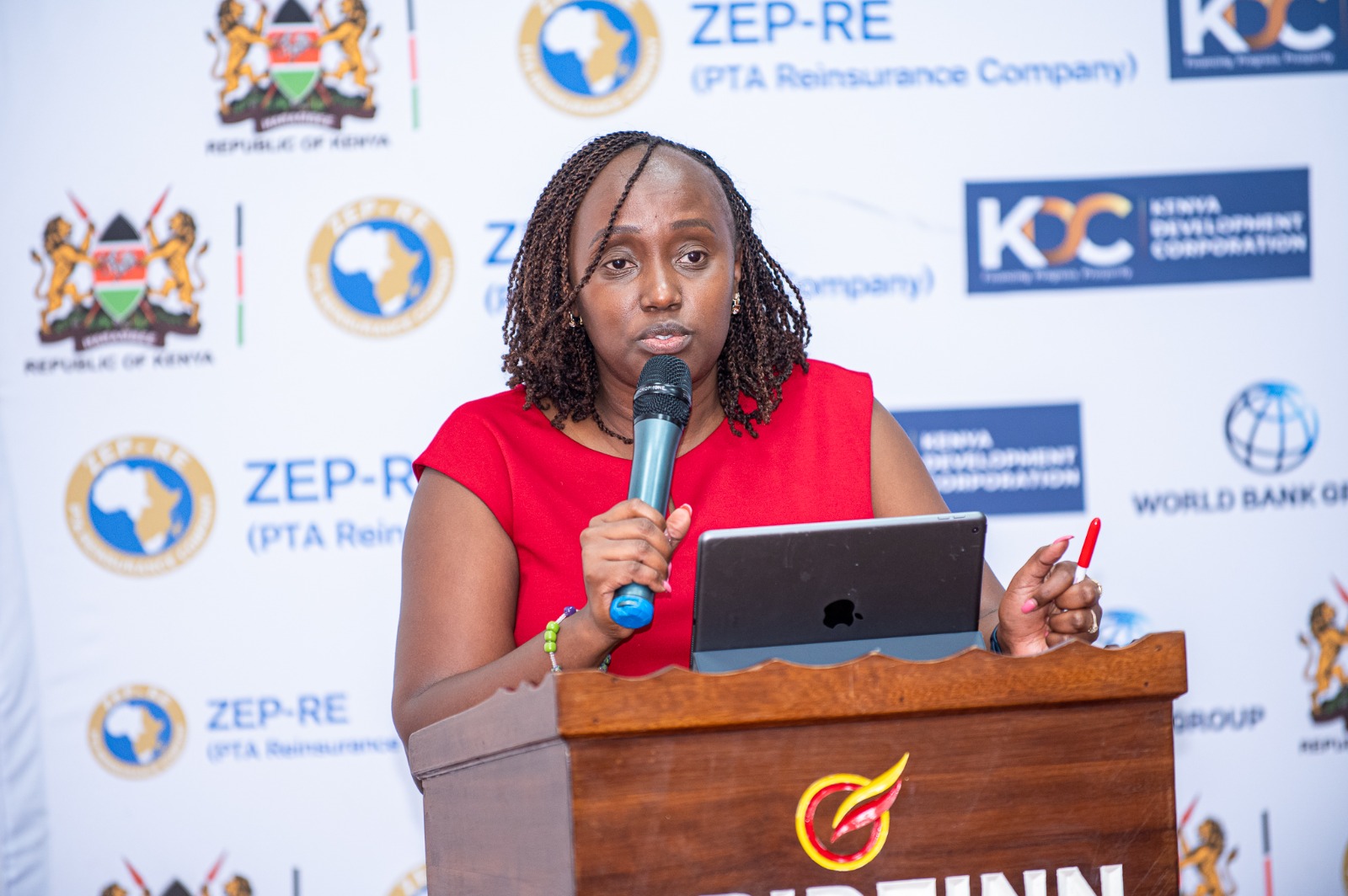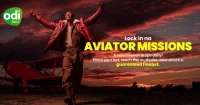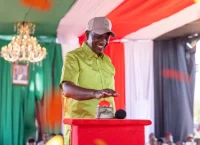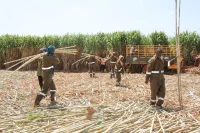The World Bank Group has funded the Government of Kenya, for a project hosted by the State Department of Livestock (SDL) in partnership with ZEP-RE (PTA Reinsurance Company), Kenya Development Corporation (KDC). The project named DRIVE (De- Risking Inclusion and Value Enhancement of Pastoral Economies) aims to enhance pastoralists’ access to financial services for drought risk mitigation, include them in the value chains, and facilitate the livestock trade in the Horn of Africa (Kenya, Ethiopia, Somalia, and Djibouti).
Drought insurance, enhanced trade linkages, and economic integration are priorities for the Horn of Africa Initiative (HoAI), where the DRIVE project is anchored on. The project leverages the learnings of Kenya Livestock Insurance Program (KLIP) and Satellite Index Insurance for Pastoralists (SIIPE) in Ethiopia.
To sensitize Governors on this project, implementing stakeholders are meeting at a hotel in Mombasa. The sensitization brought together Governors from the 21 ASAL counties and representation from the Council of Governors to discuss the implementation modalities of the project.
“Whereas severe drought on average affects 3.4 million people in each drought cycle in the country, the most affected regions are Arid and Semi-Arid Lands. The DRIVE project will focus on building the resilience of the Pastoral economies by protecting against drought risk and increasing financial inclusions of pastoralists through better connections to the markets, thus facilitating trade and upgrading value chains by mobilizing private investments,” said Harry Kimtai, Principal Secretary, State Department for Livestock Development Ministry of Agriculture and Livestock Development.
“Managing drought shocks, encouraging herders to offload animals that are ready for market and supporting private sector investments in livestock product value chain will unlock the potential of the pastoral production system. The economic impact of floods and droughts is estimated to create an average fiscal liability of 2%- 2.4% of GDP annually,” said CS Agriculture, Mithika Linturi.
The project is designed to be a public-private partnership according to James Sina, Special Financial Specialist at the World Bank.
“By bringing together expertise from these different sectors, the opportunities to leverage on knowledge and infrastructure from the stakeholders can bring synergy while implementing, and in the long run providing sustainable solutions in supporting pastoral communities beyond the project funding timelines,” Sina said.
The DRIVE project is divided into two components. ZEP-RE (PTA Reinsurance Company) is the implementing agent for component 1, managing the funds worth USD 75 million to deliver a financial package that includes a livestock insurance product, a savings bonus product to promote a savings culture and delivery of these financial products through digital accounts for pastoralists.
Hope Murera, CEO of ZEP-RE (PTA Reinsurance Company), highlighted that the program is structured specifically for the drought period, insuring pastoralists before short and long rain where the pastoralists will contribute 20% and the government supporting by contributing 80% subsidy of the insurance premiums.
Kenya Development Corporation (KDC) is the implementing agent of component 2, managing funds worth USD 40 million to crowd in private sector finances by derisking livestock value chains and supporting viable investment opportunities that integrate pastoralists to unlock livestock trade potential for the country.
Norah Ratemo, Acting Director General of KDC, notes that “to solve the pastoral challenges, USD 40 Million is not adequate; this is where KDC comes in to incentivize the private sector by investing along the value chain where we derisk investments with matching funds arrangement, this way the opportunity to formalize the sector and position it for sustainable trade also improve.”
The State Department of Livestock will oversee the overall project coordination and delivery of public sector responsibilities. It will ensure linkages between the two components and coordinate implementation with the Counties. Going forward, the State Department of Livestock and the implementing agents will sign a Memorandum of Understanding with the counties with clear roles and modalities in the project coordination and implementation.
Read: KCB Foundation Gives 1,000 Students Scholarships
>>> Coca-Cola Contributes Ksh61M To Drought Kitty











Leave a comment